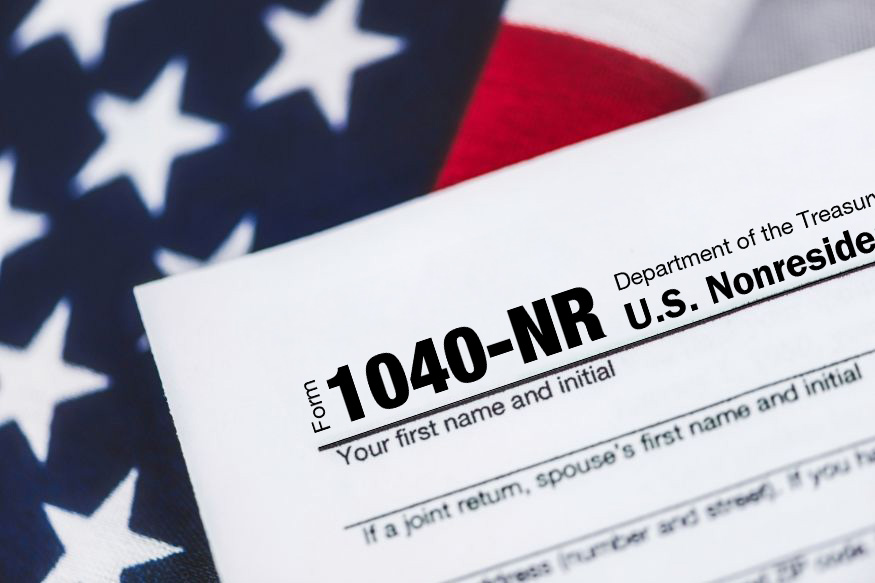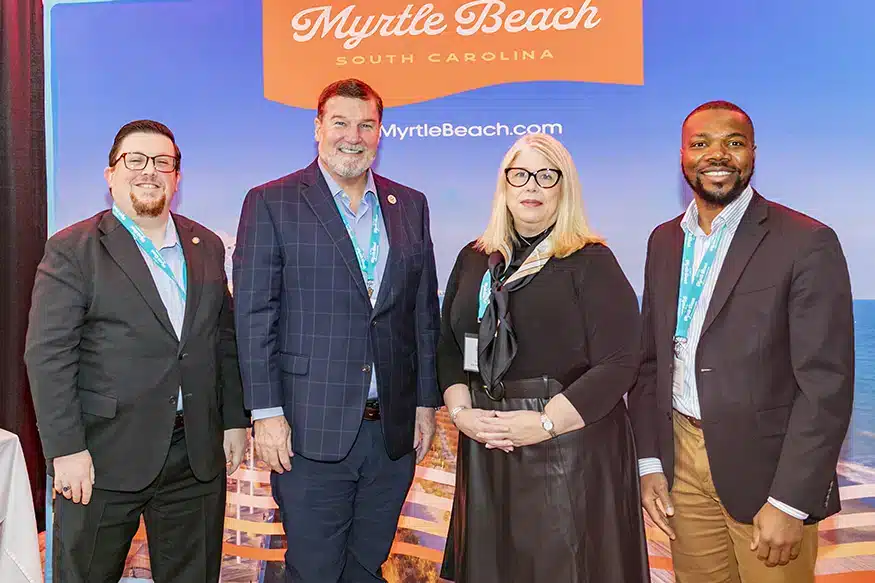What was your most recent Instagram post? Many people use social media to show off a nice workout session or a picturesque trip to the beach. But you should also be using social media for “networking,” a term referring to building professional relationships. Social networking is more relevant than ever as people expand their networks online.
While social networking should never fully replace the more traditional methods of networking – like attending events and joining professional groups – social media sites like Instagram, Facebook, Twitter, and LinkedIn can still be leveraged effectively as part of your internship or training program search. If you would like to do an international internship or training program but still need to find an opportunity, start thinking about how to use social media in your search.
Some questions to think about while social networking:
- What kind of content am I displaying to followers, friends, and the public? Check your privacy settings and remove all inappropriate material that might cause employers to question your qualifications. Always take a moment to consider whether posting publicly visible pictures presents you in the best light.
- What kind of profile am I displaying to followers, friends, and the public? Be strategic in how you market yourself on social media sites, and then keep the message consistent across platforms.
- What kinds of posts am I making? Engage in discussions that go beyond promoting your own agenda and demonstrate your field expertise by posting topical articles and comments.
- Who do I want to follow? Identify the key players in your field, follow them on Facebook and Twitter, or invite them to connect with you on LinkedIn. Observe their profiles and the kinds of posts they make and participate in their discussions.
In the last five years, the popularity of Instagram has grown exponentially. (Check us out here 😉) Many employers have established themselves on the network. Bigger organizations have a dedicated “Community Manager” or “Social Media Manager” posting content and responding to comments and direct messages. These people are generally friendly and willing to chat about the organization – it’s their job to promote it, after all.
- Do you have questions about the company? If you can’t find the answer on the website, consider asking in an Instagram direct message.
- A great icebreaker when you finally get an interview might be commenting on a recent company post.
- Make sure that you are polite and professional in your interactions when communicating with an organization’s Instagram.
With over one billion users, Facebook wins in terms of sheer volume of people using this platform. While other social media sites may offer more effective ways to connect with others, Facebook is still relevant when it comes to networking. The social aspect of Facebook can be used to your advantage to build and maintain relationships, particularly when you might want to make a professional connection with a friend. Facebook allows you to follow what others are doing and reach out when appropriate. Your Facebook friends form an important group of people who know you and can help you succeed.
- Use Facebook to research the culture of a company that interests you. While checking out a company’s website to learn more about the organization is still important, a Facebook group or business page might provide more insight into the work culture and recent developments at the company.
- Like pages related to your field and interests to stay current on discussions. Participate in topical discussions to engage with like-minded people who could one day help you in your career. Use the Facebook search engine to find and connect with groups and people. Don’t forget that you can narrow your search by location, and potentially find people in your area that, after establishing a professional connection online, you can ask out to coffee.
- Connect with InterExchange on Facebook to find fellow students or graduates who may have held similar internship/training positions as you!
Twitter’s strength lies in the ease and efficiency of communication with others. Everything in Twitter happens in real time, which makes for a very effective way to participate in conversations online. Being active on Twitter will provide future employers with even more evidence as to why you are qualified and passionate for a particular job opening. Not only can you network with others in your field, but you can also follow industry news and developments. Information sharing opportunities are endless on Twitter!
- Thanks to hashtags, Twitter allows you to perform targeted keyword searches for topics you are interested in. Use hashtags in your tweets to contribute to these discussions.
- TweetChats are live conversations that happen on Twitter at a designated time and using a predefined hashtag. Anyone can use the predefined hash tag to follow or join the conversation. You can even host a TweetChat yourself!
- CareerArc social recruiting is a Twitter-related job search site that provides users with targeted job recommendations, based on your field of expertise. You can even specify how to be notified about jobs: through email, mobile phone, or your Twitter account.
- Finally, be mindful of the opinions you express on Twitter. People grow and change, and so does popular culture. Jokes that were considered “okay” even five years ago may be considered offensive now. Consider whether publicly expressing the personal and political opinions you have now are worth potentially jeopardizing your career. You don’t want a tweet in 2020 preventing you from getting your dream job in 2025.

Image courtesy of Pixabay
LinkedIn is the world’s largest professional network, so it’s a great place to begin your job search. First, make sure your profile is up-to-date and relevant. When employers research potential applicants, your LinkedIn profile is usually one of the top hits in a Google search. LinkedIn also has a ton of industry-specific resources, so be sure to stay active in groups and discussion boards and connect with other professionals in your field.
- Join relevant LinkedIn Groups and participate in or start discussions. Find out which groups the professionals you admire are in, and join those groups as well.
- When you land an interview, use LinkedIn to do some background research about your interviewer. A quick Google search is still very effective, but LinkedIn allows you to see more of someone’s professional background. Looking up your interviewer on LinkedIn may also provide you with some talking points during an interview.
- Connect with the InterExchange Career Training USA Alumni Group.
- Check out Career Training USA’s Guide to Using LinkedIn for the Internship Search for more tips on how to best leverage LinkedIn to find an internship or training program.

Image courtesy of Pixabay
More Resources to Maximize Your Internship Search
- Check out our tips on creating a U.S.-style resume and writing a cover letter.
- Ready to put yourself out there? Here’s a guide to creating your own internship proposal.




